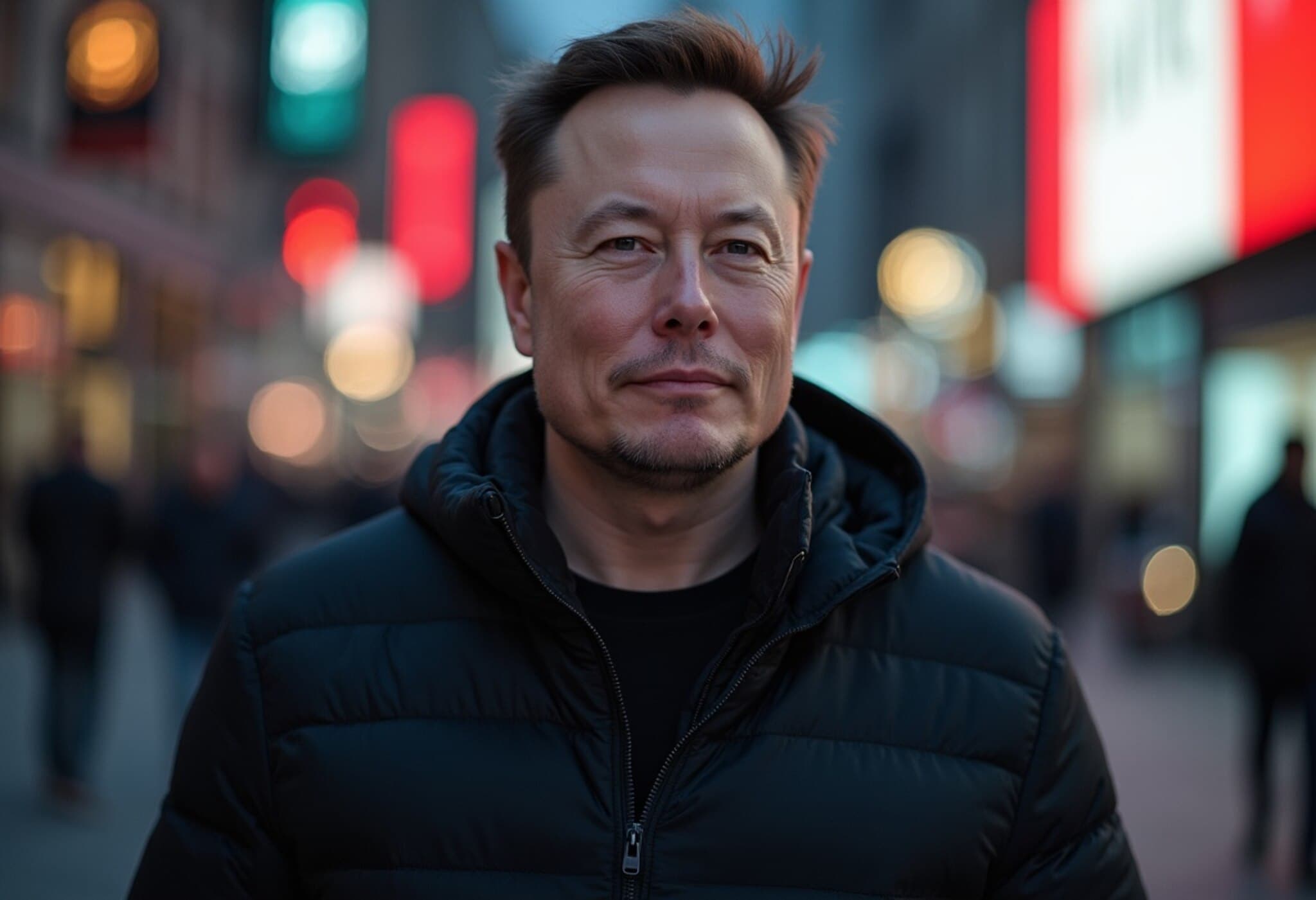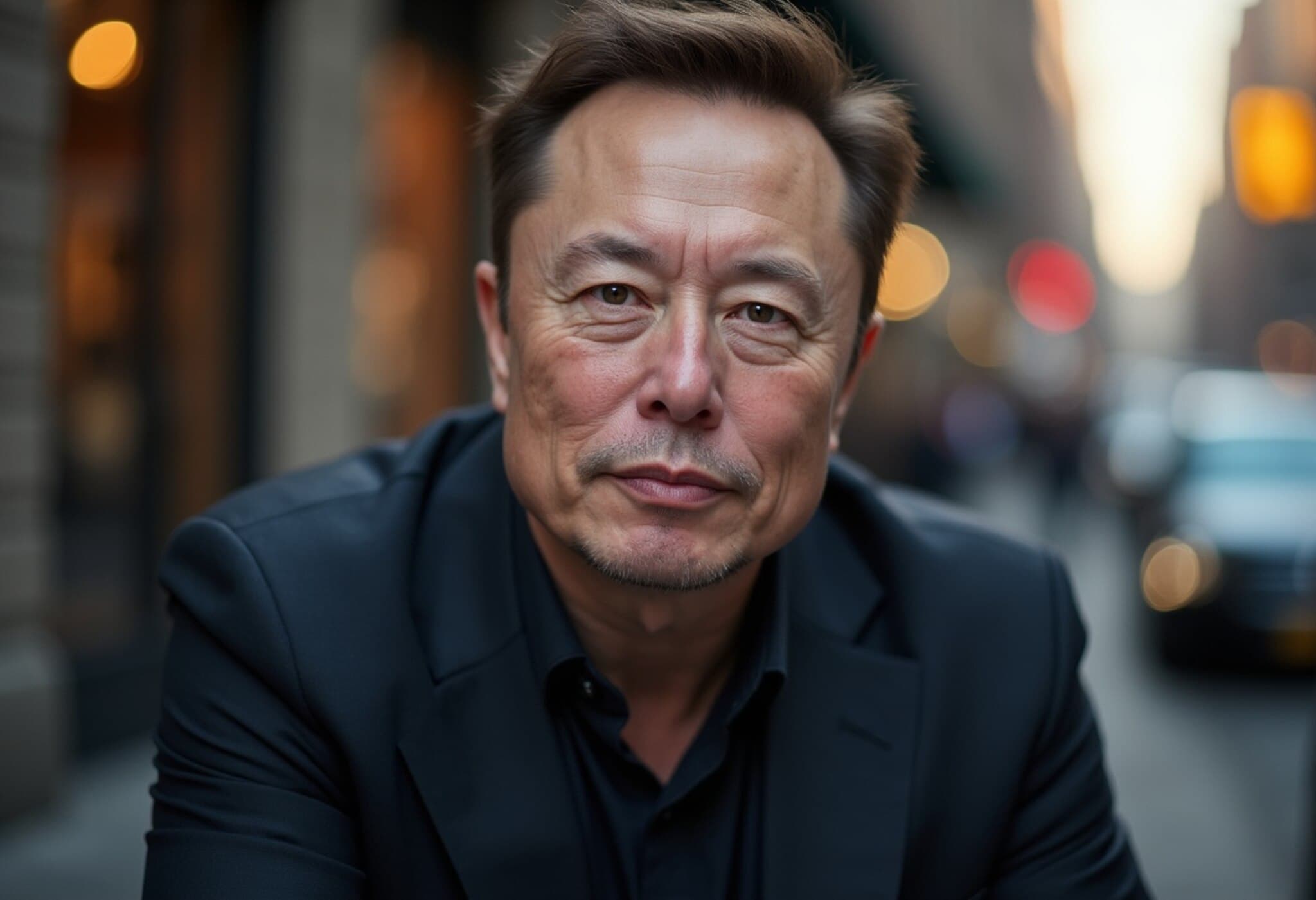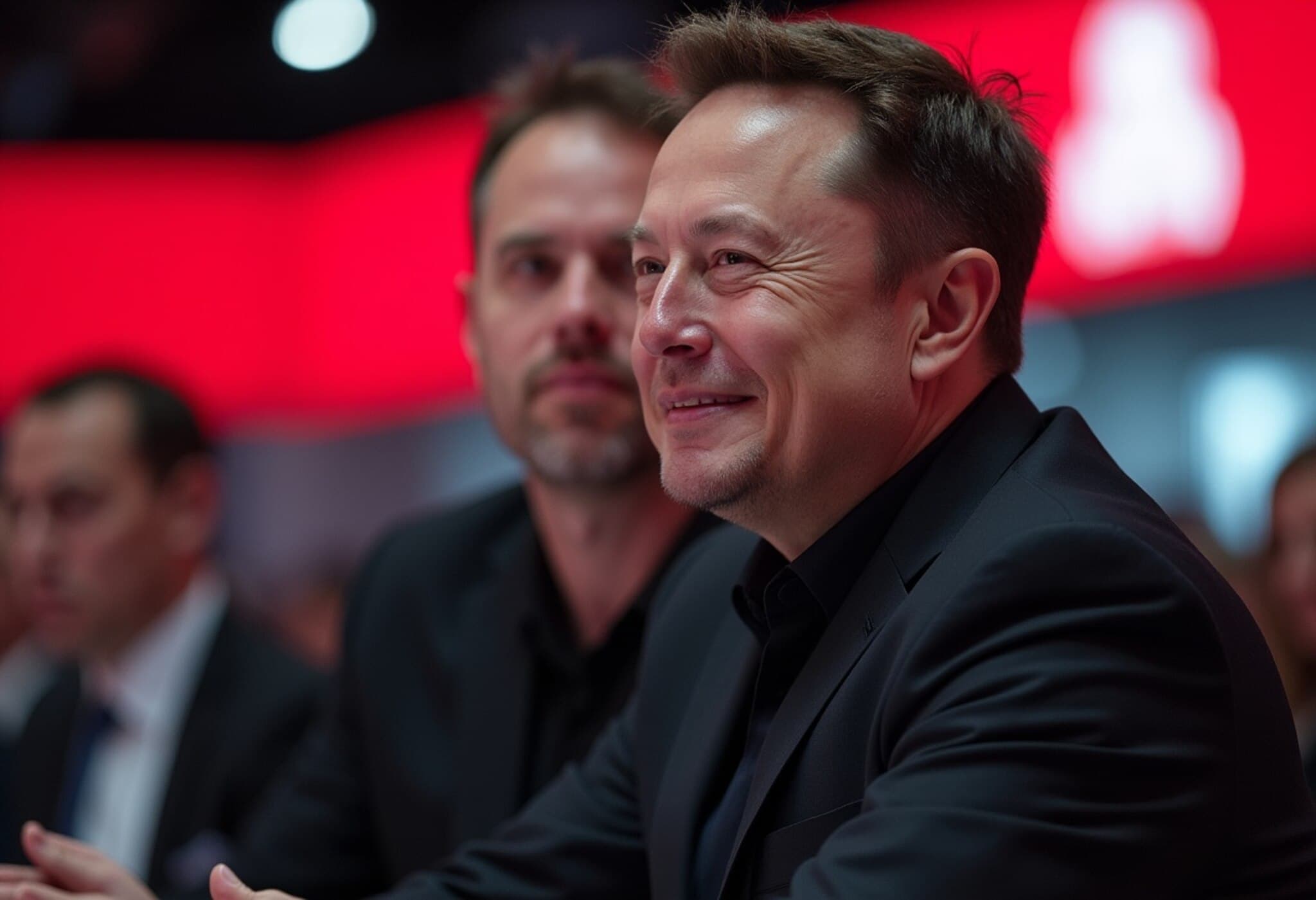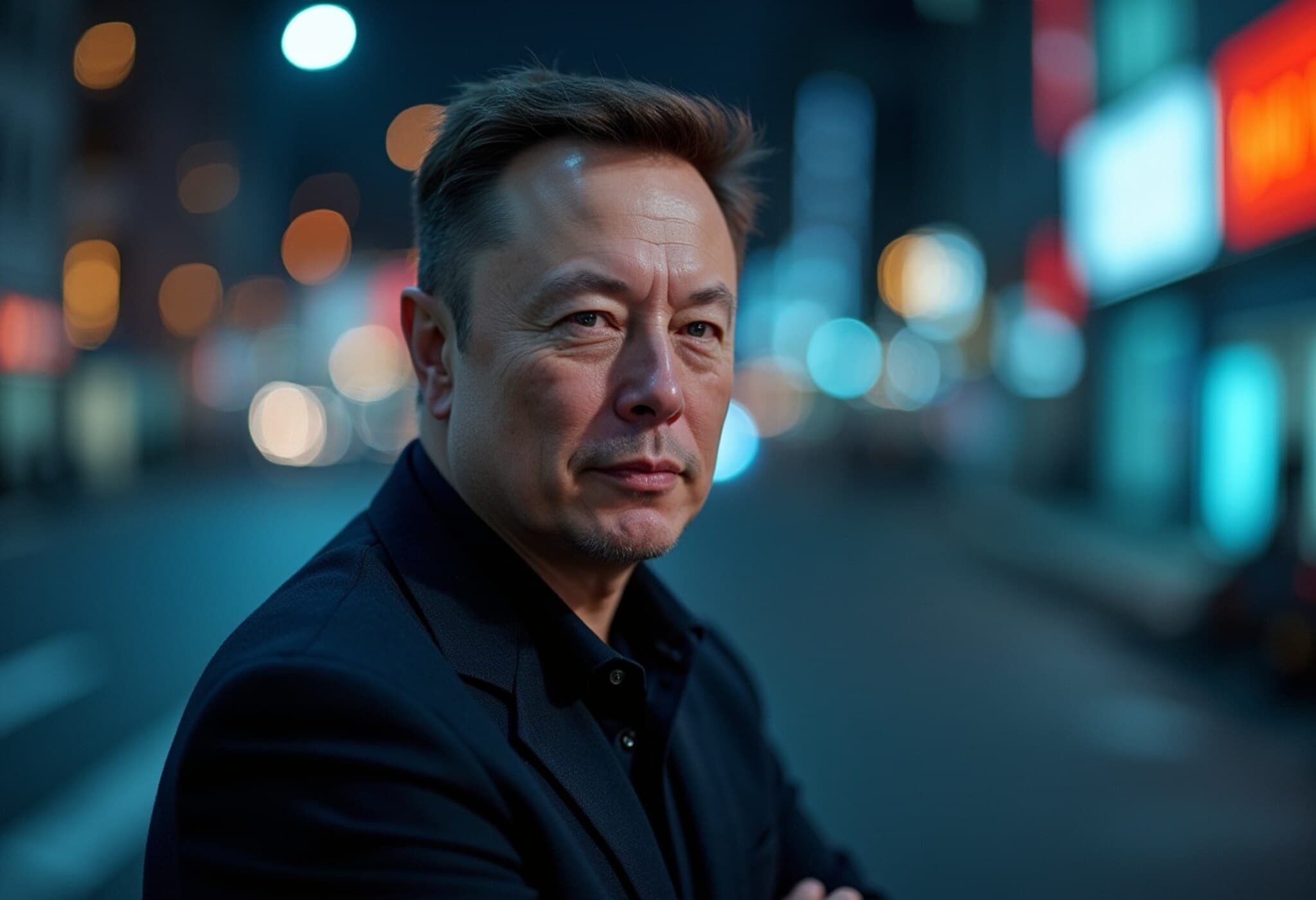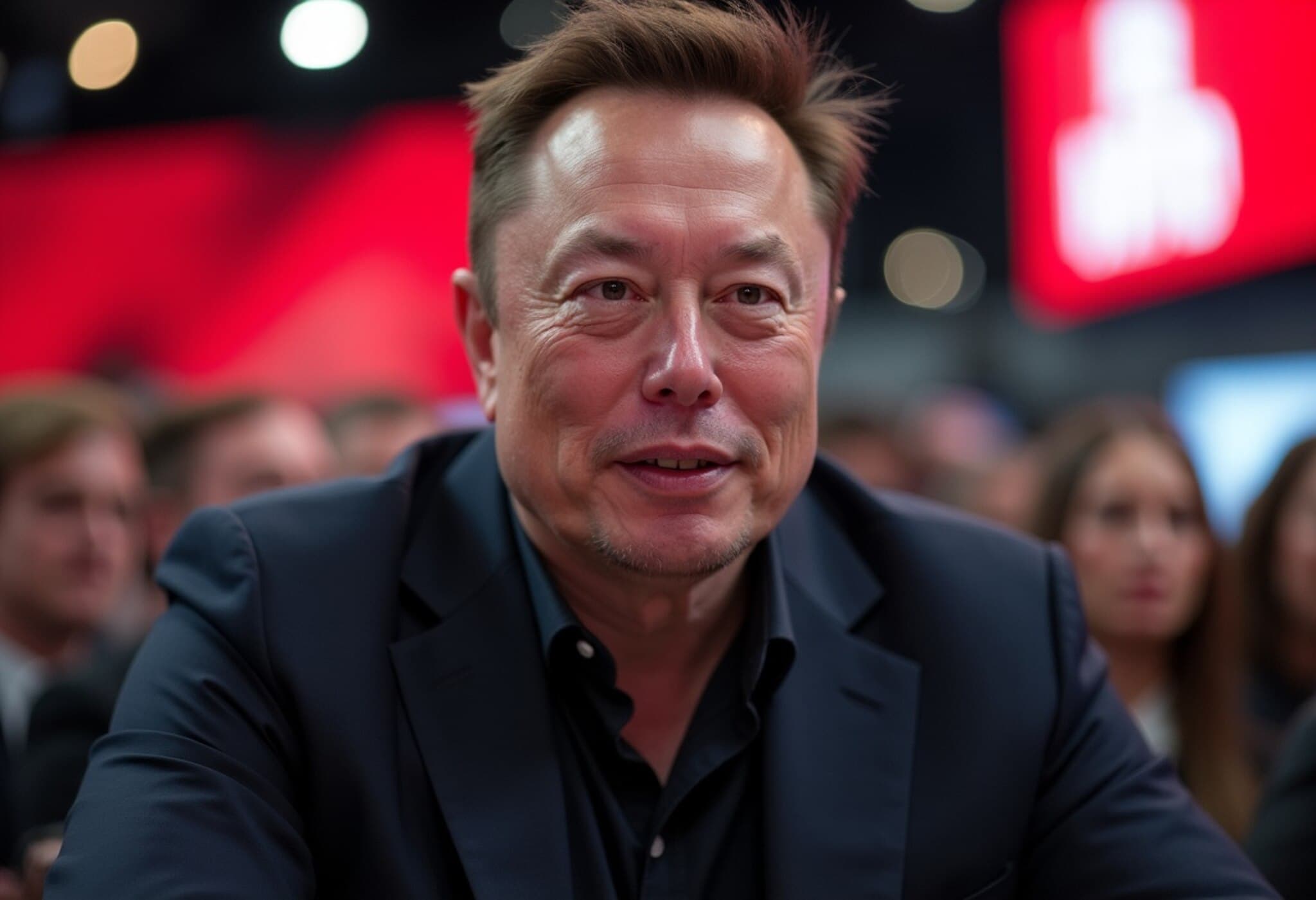San Francisco Court Greenlights Don Lemon's Lawsuit Against Elon Musk and X
A San Francisco judge has recently ruled that broadcast journalist Don Lemon’s lawsuit against Elon Musk and his social media platform X will move forward to trial. The lawsuit stems from the unexpected termination of a business partnership between Lemon and Musk’s company shortly after Lemon conducted a notable interview with Musk.
Background: Partnership and Sudden Fallout
Don Lemon, the former CNN anchor, filed a lawsuit in August 2024 alleging that Musk and X breached a contract after abruptly canceling a planned partnership mere hours following a tense, highly scrutinized interview. Lemon’s new show was scheduled to premiere exclusively on X, a platform Musk acquired after purchasing Twitter in late 2022 for $44 billion.
During the interview, Lemon challenged Musk on various controversial topics Musk had amplified on the platform, including the promotion of the "great replacement theory" and other divisive, often debunked narratives such as claims of a "Hispanic invasion" of immigrants to the U.S.
Legal Developments: Fraud Allegations and Contract Claims
Judge Harold Kahn’s July 8 order highlighted that Lemon’s legal team presented plausible claims, including allegations of "fraud by false promise" and the existence of an "implied contract" between Lemon and X. Musk’s defense sought to dismiss the lawsuit or move it to Texas but did not succeed in court. Neither Musk’s nor X’s legal representatives have commented publicly on the case at this stage.
The Bigger Picture: Musk’s Leadership at X and Content Controversies
Since Musk’s acquisition and rebranding of Twitter to X, the platform has undergone significant upheaval—characterized by layoffs, claims of unpaid vendors, and accusations of inadequate severance for departing employees. Content moderation policies shifted dramatically, lifting bans on certain previously suspended users, including former President Donald Trump, whose account was reinstated despite Twitter’s initial permanent suspension following the January 6 Capitol attack.
Lemon’s interview also tackled these issues head-on, particularly focusing on increased hate speech and antisemitic content surging on the platform after Musk’s takeover. Musk, a self-described free speech "absolutist," has drawn criticism for prioritizing unrestricted expression over stricter moderation, raising questions about the future shape and responsibility of digital discourse on X.
Contextual Insight: The Intersection of Media, Law, and Platform Governance
This case spotlights a critical fault line in modern digital media: the intersection of contractual obligations, platform governance, and the pursuit of free expression. As social media platforms wield enormous power in shaping public narratives, the legal frameworks governing partnerships and content rights are becoming increasingly complex. Lemon’s suit not only probes the contractual promises made but also invites broader discussion on accountability in a rapidly evolving digital landscape.
Looking Ahead: Trial and Industry Implications
With no trial date set yet, this high-profile lawsuit could set important precedents regarding how digital platforms engage with media personalities and manage contractual commitments. The case also serves as a microcosm of the broader debates swirling around the tech industry, particularly the tensions between innovation, monetization, free speech, and ethical responsibility.
Editor’s Note
Don Lemon’s lawsuit against Elon Musk and X goes beyond a simple breach of contract; it touches on the ethical dilemmas facing social media giants today. How should platforms balance free speech with moderation? What responsibilities do they owe their partners and users? As this legal battle unfolds, it invites readers and policymakers to reconsider the evolving role and regulation of digital public squares in American society.


